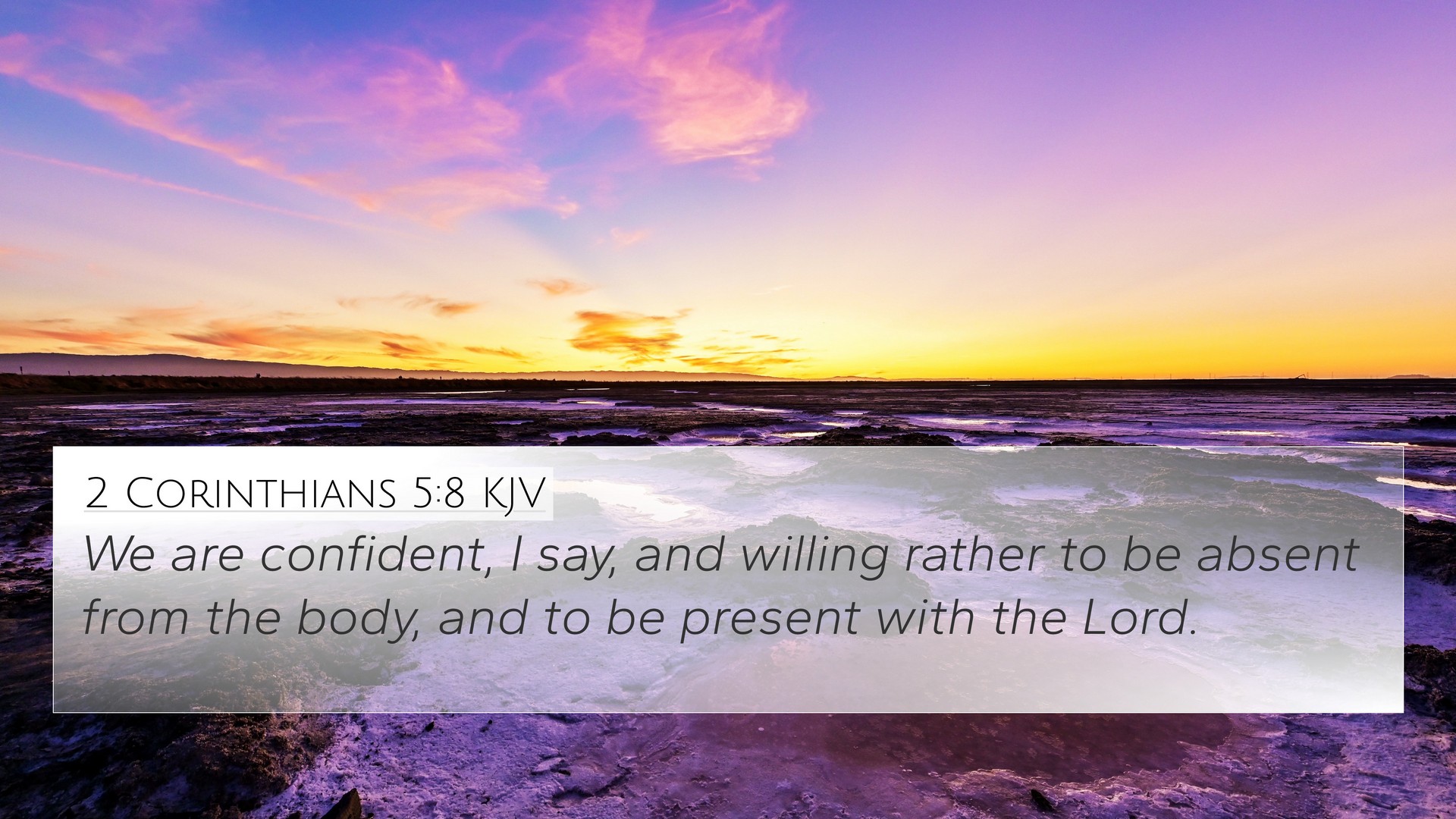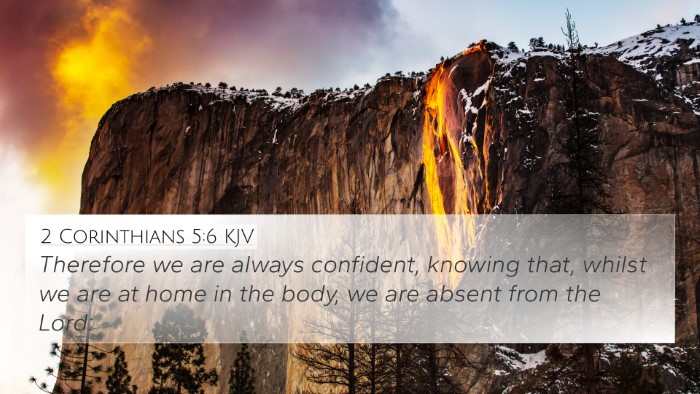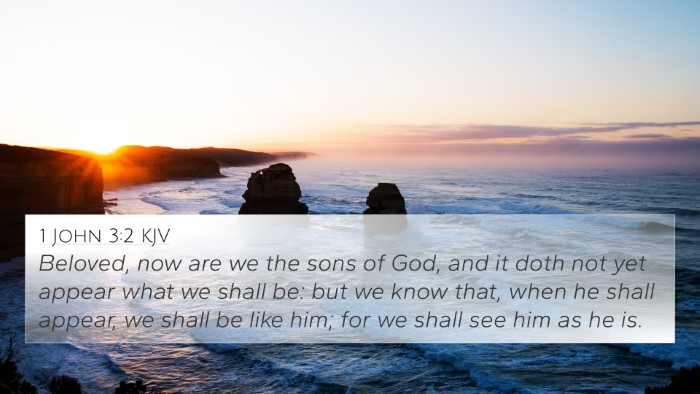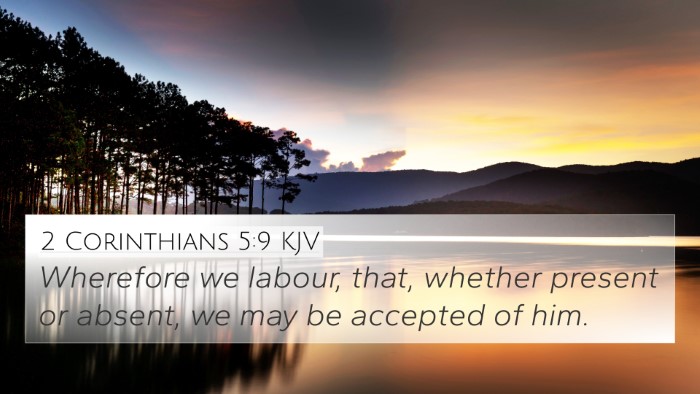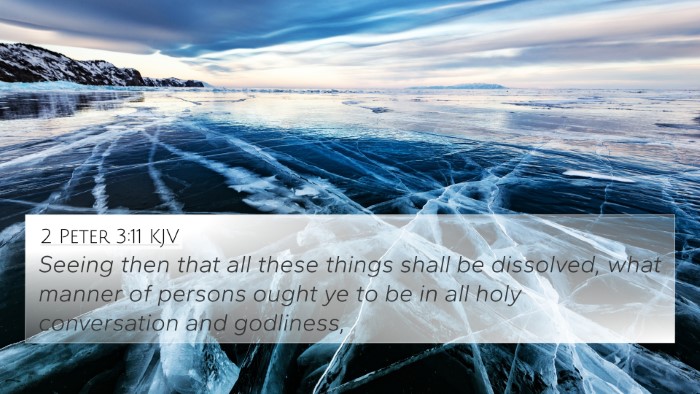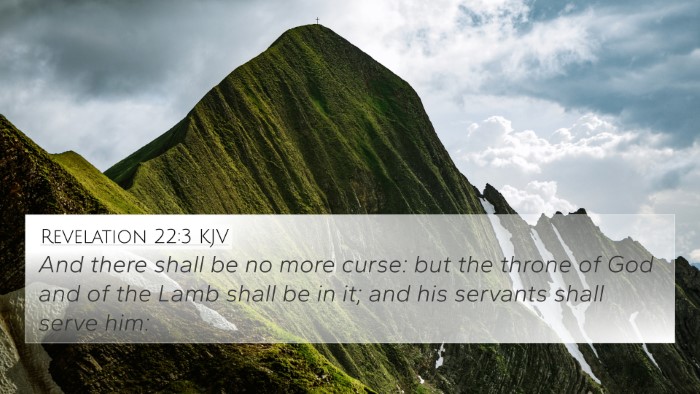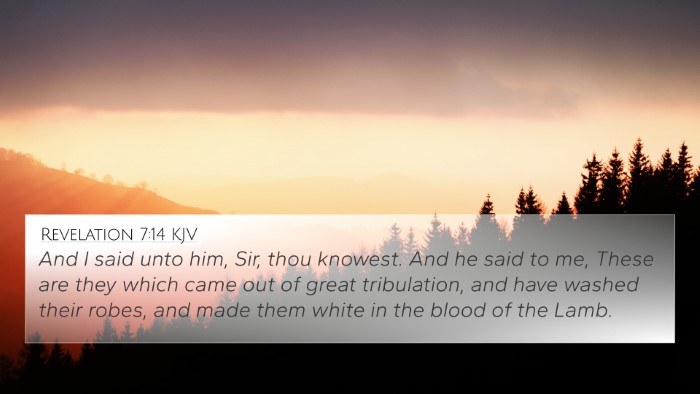Understanding 2 Corinthians 5:8
"We are confident, I say, and willing rather to be absent from the body, and to be present with the Lord." - 2 Corinthians 5:8
This verse encapsulates a profound assurance and yearning of believers regarding the afterlife. Both Paul, the writer of this epistle, and his audience are affirming a confident hope in the resurrection and eternal life. It highlights the dichotomy between earthly existence and heavenly existence, asserting the preference for divine communion over physical existence.
Exegesis and Commentary Insights
Matthew Henry's Commentary
Matthew Henry focuses on the confidence and willingness expressed by Paul. He comments on the idea that being "absent from the body" refers to the physical death of a believer, which leads to immediate presence with the Lord. This theological assertion reflects a fundamental Christian belief: the soul’s communion with God post-death.
Albert Barnes' Notes
Albert Barnes expounds that in this verse, the term "confident" signifies a strong assurance in Christ. He emphasizes the dual state of humanity — being in the body versus being with the Lord. Barnes uses this assurance to underline the hope Christians have in resurrection and eternal life, noting that Paul reassures us that physical death is not an end but a transition to a blessing.
Adam Clarke's Commentary
Adam Clarke highlights the emotional aspect of Paul's declaration, explaining that the phrase reflects a longing for spiritual fulfillment. Clarke elucidates how this confidence comes from a deep understanding of faith and salvation, positing that the faithful may anticipate their eternal state, which is of greater value than worldly ties.
Key Themes
- Confidence in Christ: The assurance in life after death.
- Believers' Hope: The longing for eternal presence with God.
- Transition of Life: The shift from earthly existence to divine communion.
Bible Verse Cross-References
2 Corinthians 5:8 connects with several other scriptures, forming a tapestry of similar themes throughout the Bible:
- Philippians 1:23: Paul's desire to depart and be with Christ is better.
- 1 Thessalonians 4:14: Encouragement that God will bring with Him those who have died in Christ.
- Luke 23:43: Jesus tells the thief on the cross that he will be with Him in paradise.
- John 14:2-3: Assurance of a place prepared in the Father’s house.
- Romans 8:18: The suffering of this time will be outweighed by eternal glory.
- Revelation 14:13: Those who die in the Lord are blessed and their deeds follow them.
- Hebrews 13:14: A reminder that we seek a city to come.
Connecting Themes and Interpretations
This verse, along with its cross-references, illustrates:
- **The Assurance of Salvation**: Believers can rest assured in their salvation and future glory.
- **The Nature of Death**: Physical death is not the end but a transition into the presence of God.
- **Eternal Life in Christ**: This sends a clear message about the hope found in Jesus for eternal life.
How to Use Bible Cross-References
For those seeking to deepen their understanding of biblical texts, utilizing cross-references is a vital tool. Here are some methods:
- Bible Concordance: Use a concordance to find related verses and their meanings.
- Bible Cross-Reference Guide: Keep a guide handy to see connections between different scriptures.
- Cross-Reference Bible Study: Engage in group studies to explore thematic connections.
- Citations for Sermons: Pull cross-referenced materials for sermon preparation, illustrating connected biblical truths.
Conclusion
In summary, 2 Corinthians 5:8 serves as a profound reminder of the hope Christians hold for life after death. Through careful study and cross-referencing with related verses, believers can gain a deeper understanding of their faith. The connections between Bible verses not only strengthen individual beliefs but enhance the collective understanding of Christian doctrine.
